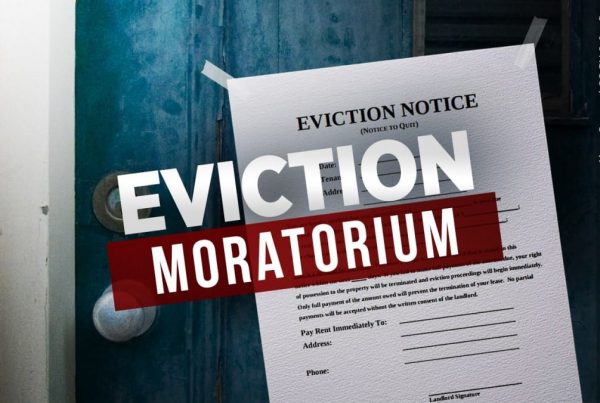Top 4 Landlord Rules to Navigate
Assistance Animals and Reasonable Accommodations
If you are like many landlords, the last year has made you well aware of minorities and discrimination. The events of the last year shouldn’t mean that you are scared but should reinforce how important it is to continuously update your education as a landlord. Even a well-intentioned landlord can accidentally violate fair housing laws. Here are the top four rules for landlords to avoid costly mistakes by violating fair housing rules and laws. Obviously, I can’t cover everything in one online article like this, so if you are interested in the details, you can take our upcoming two-hour in-depth class on the subject by Clicking Here – Reasonable Accommodations & Assistance (Therapy) Animals.
- Treat everyone exactly the same
- You have the rules in your lease and within your screening criteria. Those are straightforward. The unintentional problems arise when you make exceptions for tenants. Exceptions are perfectly fine and can lead to some of the best landlord/tenant relationships, though, so you shouldn’t avoid them. The key is that whenever you make a new exception, you should type out a paragraph or two describing the exception you made and why. Then save this in a “policy manual” and refer back to it if a similar situation occurs in the future.\
- Let them decide; just provide facts/information
- If your unit is across the street from the best grade school in the area, you should definitely mention this in the advertisement. Where well-intentioned landlords cross the line is when they mention that their unit will be best for tenants that have children in grade school. You can only provide the facts; you have to let people decide if a place is right or not for them.
- Reasonable accommodations or assistance animal requests have to be REASONABLE
- The layman’s definition of “reasonable” is whatever the judge or jury feels would be considered “reasonable” to the local general public. So, if a tenant with a wheelchair is asking for thousands of dollars worth of permanent alterations to a property, that most likely wouldn’t be reasonable. If the assistance animal a person has is confirmed to be dangerous based on a previous history of attacking people, that most likely wouldn’t be reasonable. You still need to include any possible alternative solutions along with your denial.
- You can’t challenge, but you can verify
- When your tenant provides verification of a disability and need for reasonable accommodation, you are welcome to verify that it is accurate. You can contact medical professionals and verify that they agree the tenant meets the legal definition of disabled, and therefore, the accommodation being requested is needed. You can’t, however, challenge a diagnosis or opinion; you can only verify that it is not fraudulent.
Obviously, there is a lot more to all of this in regard to the details, the specific forms you use, and how you handle varying situations. The main things to remember are to treat everyone exactly the same, only provide facts/information, and don’t tell tenants what is or is not best for them.
With that said, landlords that accidentally violate these laws end up spending $10,000 plus, where repeat and egregious offenders are easily into the six figures. Click here to register for our upcoming two-hour class that goes through everything you need to know about Fair Housing, reasonable accommodations, and therapy/assistance animals.
Christian Bryant
President
Real estate & Property Management Education llc




